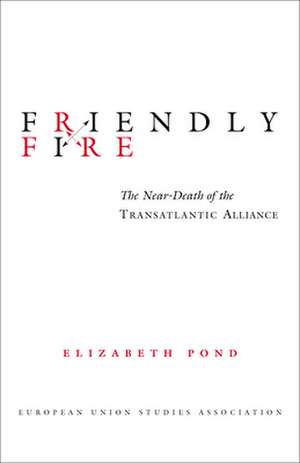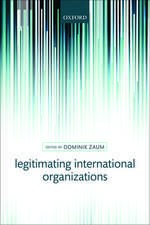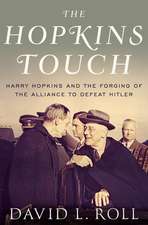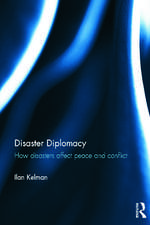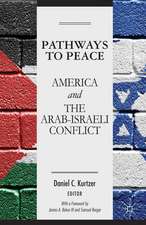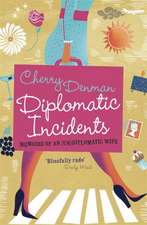Friendly Fire: The Near-Death of the Transatlantic Alliance
Autor Elizabeth Ponden Limba Engleză Paperback – 5 dec 2003
Relations between the U.S. and Europe have declined in recent years, and today they are worse than at any time since the 1950s. In Friendly Fire, a veteran reporter known for her shrewd observations of political behavior in Europe examines the widening gulf and worsening acrimony between the U.S. and its traditional allies on the European continent. Elizabeth Pond examines a number of disputes—chronic trade quarrels, the International Criminal Court, the Kyoto Protocol, Israeli-Palestinian violence, and Iraq—and identifies the ways in which they reinforce and exacerbate one another. European governments have accepted a rhetorical responsibility for global (and not just European) security, but the dearth of defense funding in Europe, disagreements over tactics, and the bad American temper toward the Europeans have added to the estrangement.
Preț: 155.85 lei
Nou
Puncte Express: 234
Preț estimativ în valută:
29.83€ • 32.41$ • 25.07£
29.83€ • 32.41$ • 25.07£
Carte tipărită la comandă
Livrare economică 21 aprilie-05 mai
Preluare comenzi: 021 569.72.76
Specificații
ISBN-13: 9780815771531
ISBN-10: 0815771533
Pagini: 140
Dimensiuni: 127 x 203 x 11 mm
Greutate: 0.2 kg
Editura: Brookings Institution Press
Colecția Brookings Institution Press
Locul publicării:United States
ISBN-10: 0815771533
Pagini: 140
Dimensiuni: 127 x 203 x 11 mm
Greutate: 0.2 kg
Editura: Brookings Institution Press
Colecția Brookings Institution Press
Locul publicării:United States
Notă biografică
Elizabeth Pond is a journalist based in Germany. Currently a correspondent for the Washington Quarterly, she was a longtime European correspondent for the Christian Science Monitor. She is the author, most recently, of Friendly Fire: The Near-Death of the Transatlantic Alliance (Brookings, 2003) and The Rebirth of Europe (Brookings, revised 2002).
Descriere
A Brookings Institution Press and European Union Studies Association publication
Relations between the U.S. and Europe have declined in recent years, and today they are worse than at any time since the 1950s. In Friendly Fire, a veteran reporter known for her shrewd observations of political behavior in Europe examines the widening gulf and worsening acrimony between the U.S. and its traditional allies on the European continent.
Elizabeth Pond examines a number of disputes—chronic trade quarrels, the International Criminal Court, the Kyoto Protocol, Israeli-Palestinian violence, and Iraq—and identifies the ways in which they reinforce and exacerbate one another. European governments have accepted a rhetorical responsibility for global (and not just European) security, but the dearth of defense funding in Europe, disagreements over tactics, and the bad American temper toward the Europeans have added to the estrangement.
Relations between the U.S. and Europe have declined in recent years, and today they are worse than at any time since the 1950s. In Friendly Fire, a veteran reporter known for her shrewd observations of political behavior in Europe examines the widening gulf and worsening acrimony between the U.S. and its traditional allies on the European continent.
Elizabeth Pond examines a number of disputes—chronic trade quarrels, the International Criminal Court, the Kyoto Protocol, Israeli-Palestinian violence, and Iraq—and identifies the ways in which they reinforce and exacerbate one another. European governments have accepted a rhetorical responsibility for global (and not just European) security, but the dearth of defense funding in Europe, disagreements over tactics, and the bad American temper toward the Europeans have added to the estrangement.
